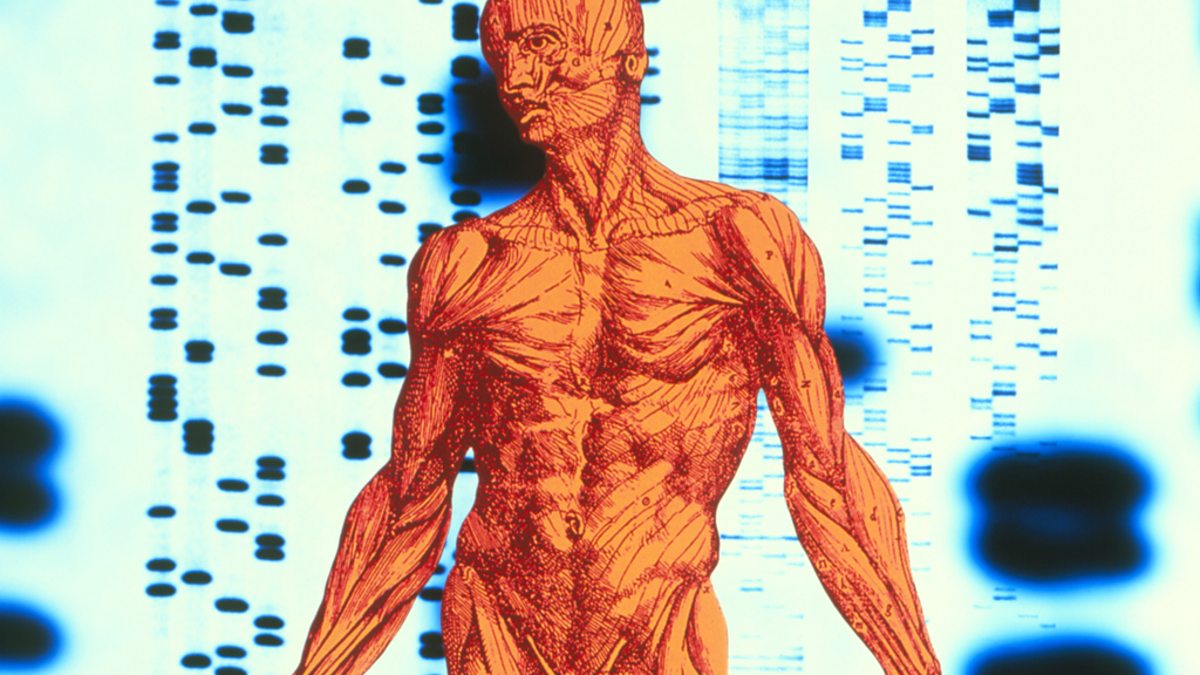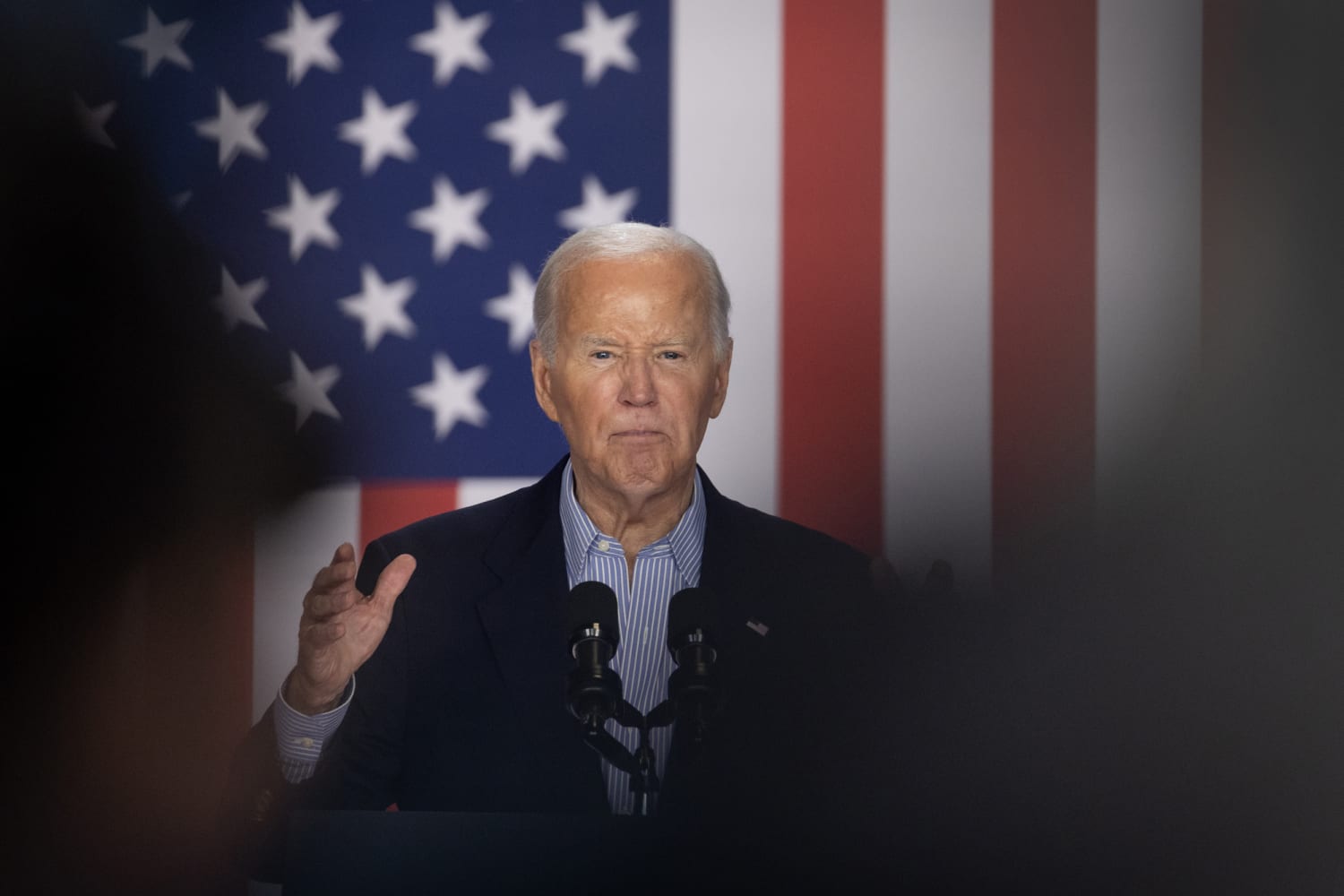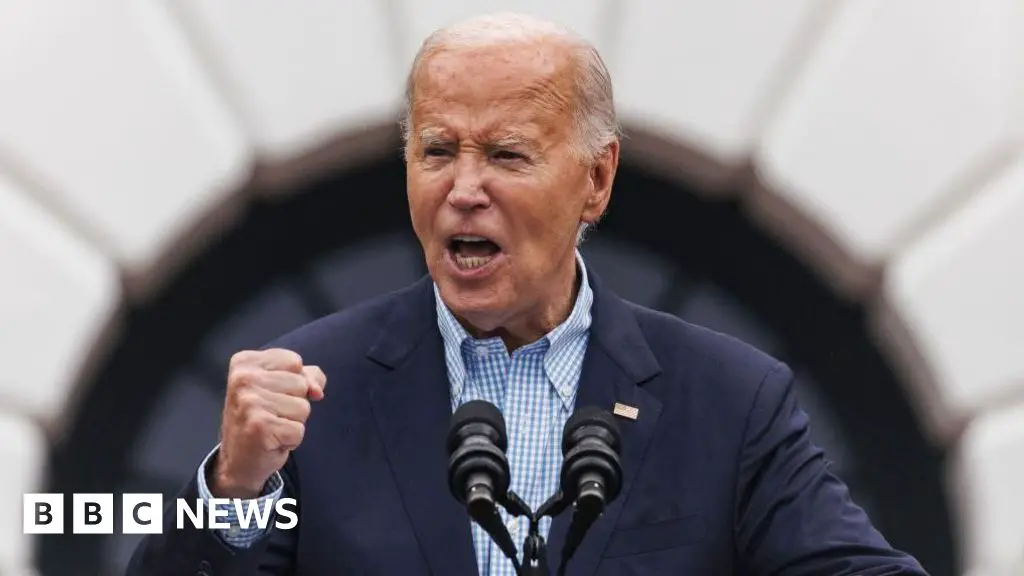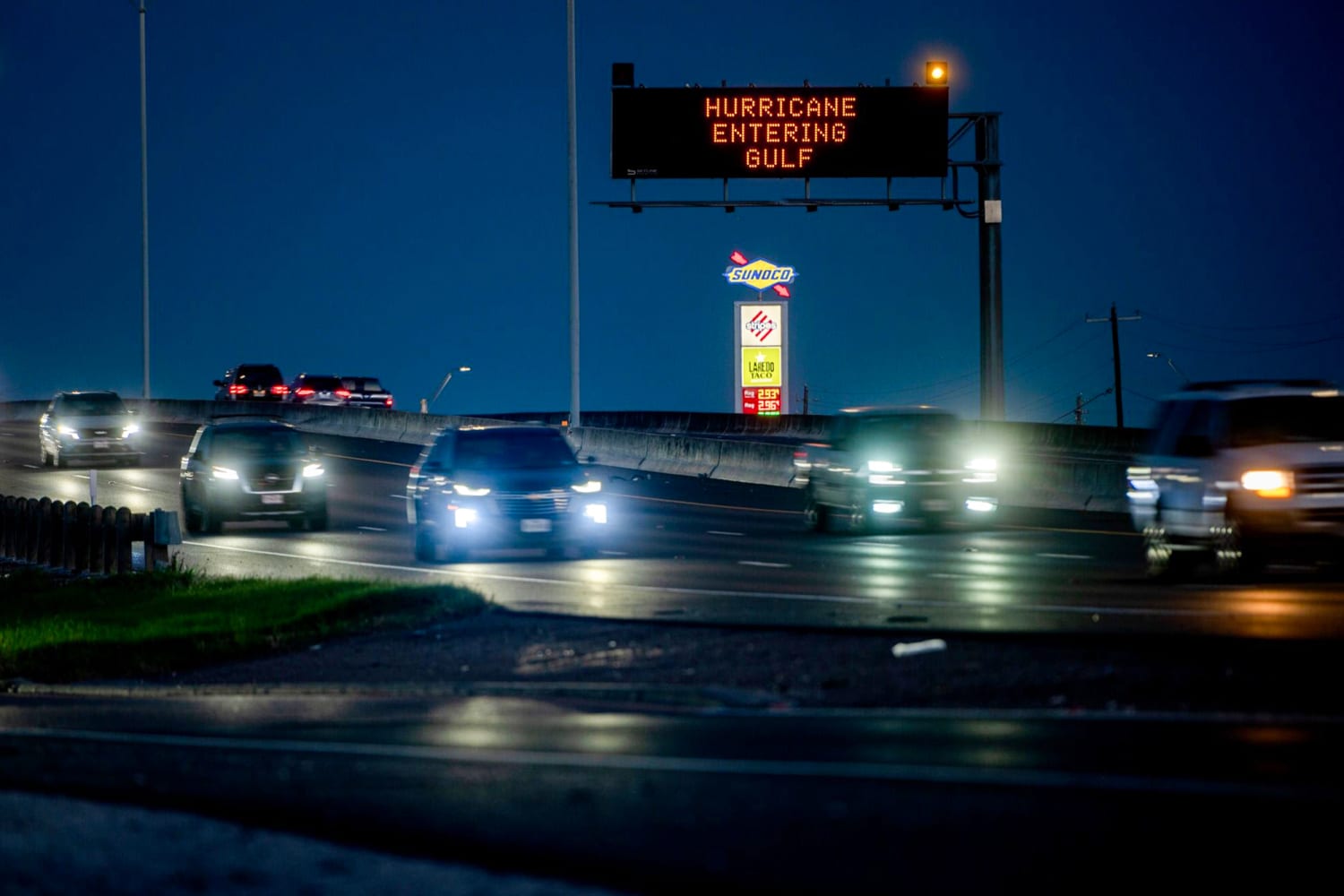
Lynne Malcolm finds out how the modern world is affecting our biology. She looks at Sri Lanka and asks if the predominantly rural lifestyle of fishermen and farmers is suited to the human body.
As part of the Human Race season on the BBC, Discovery starts its exploration into the Global Body. Over the next 4 weeks, Lynne Malcolm finds out how the modern world is affecting our biology. The series starts in Sri Lanka, where it asks whether the predominantly rural lifestyle of fishermen and farmers is well suited to the human body.
BBC Correspondent Charles Haviland takes us to the shores of Sri Lanka to see what life is like for fishermen and to the mountains where people live off the variety of crops they grow for themselves. These populations are pretty healthy. But he also discovers that some of the rural inhabitants – the tea pickers – have a much harder time.
There’s a report on how an inherited disease, thalassaemia, that makes people debilitated, and is quite common amongst Asian people is treated in Sri Lanka. And the programme discovers that thalassaemia survives because it confers resistance to malaria.
(Image: Conceptual computer artwork of a male figure seen against autoradiograms of genetic sequences. Credit: Science Photo Library)





